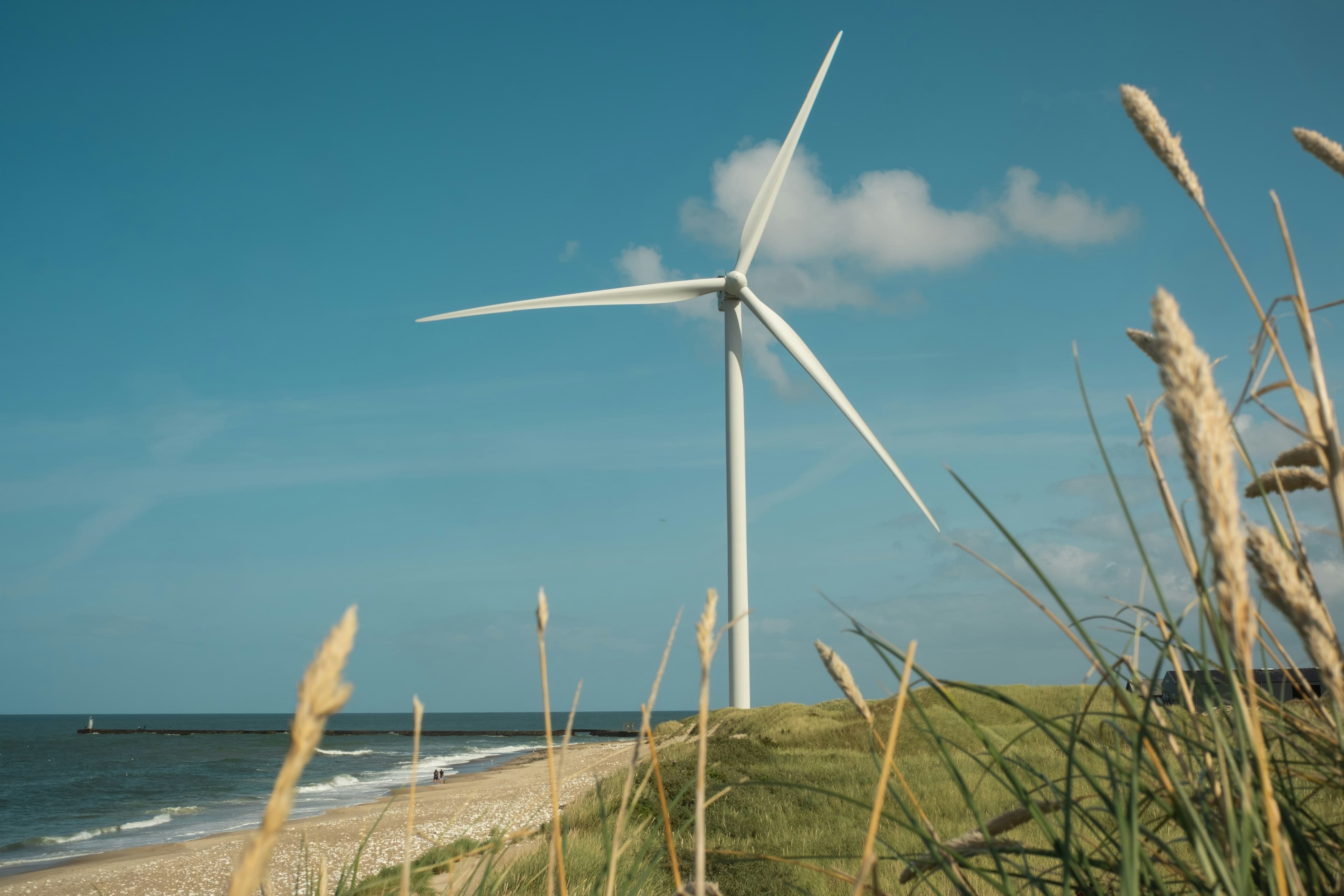The Brundtland definition provides a broad yet fundamental framework for understanding sustainability. However, it is nearly impossible to claim that a product is truly sustainable based on this definition alone. According to the Consumer Ombudsman’s guidelines on environmental marketing—and upcoming EU legislation on Green Claims—such claims are not permitted without proper documentation, such as a life cycle assessment (LCA).
When we say that we work with, for example, product sustainability, it does not imply that we create sustainable products or that our own services are inherently sustainable. Rather, it means that we help our customers understand what sustainability entails and support them in minimising negative impacts—and, in some cases, even generating positive effects.
This includes conducting life cycle assessments and communicating the results in ways that lead to action. In this way, it becomes possible to make choices that are more sustainable than current practices—and to document those improvements.

